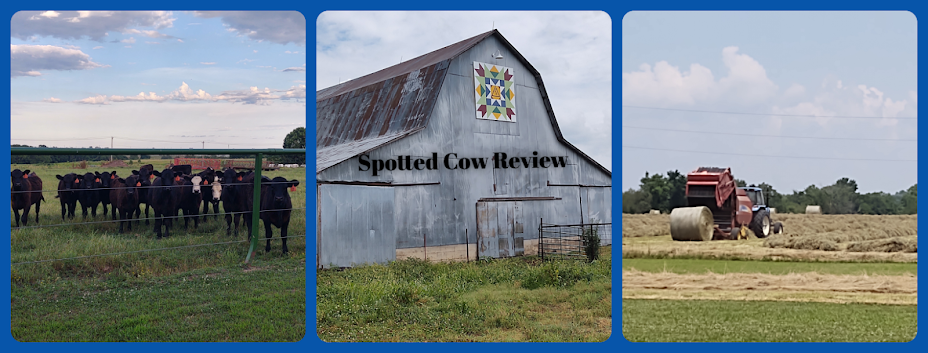
As a dairy farmer and producer of food for the consuming public, I take food safety very seriously. Dairy products are among the most tested and regulated foods in our nation. Before dairy foods reach the grocery store, dairy farms and processing plants must meet stringent federal and state regulations that are in place by the U.S. Department of Agriculture,FDA and state regulatory agencies. From the birth of a baby calf in our pasture to the dairy cow being milked in our milk parlor, we are doing everything in our power on the farm to make sure our dairy cattle are healthy and well cared for to assure production of safe,high quality milk.
Producing safe milk is the priority of every dairy farmer. These are ways we work to provide wholesome,safe milk on the farm:
-follow strict sanitary procedures each time the cow is milked and work to keep all
equipment clean
-milk is never touched by human hands because the milk flows directly from the cow through a
stainless steel pipe into a refrigerated tank
-cool the milk in the tank to 45 degrees F or less within two hours after completion of milking
-keep milk refrigerated at or below 40 degrees until transported to the processing plant
Safe milk handling continues at the processing plant by checking the temperature of the milk to ensure it has been kept at or below 40 degrees F during distribution and delivered within 48 hours after the cow has been milked. The milk is then pasteurized,homogenized, packaged, and distributed. These are facts about pasteurization:
- Pasteurization is the scientific process used to kill any harmful microorganisms that might be present in the milk by heating the milk to 161 degrees Fahrenheit for 15 seconds and then cooling it rapidly.
- Pasteurization is a critical step in the production of safe milk.
-Pasteurization assures milk safety and also extends the shelf life of the milk.
-There is no scientific evidence to suggest that there is any meaningful difference the nutritional value of pasteurized and unpasteurized milk.
- Because of pasteurization, less than 1.5 percent of annual food borne illness outbreaks in the United States involve dairy foods.
Are you concerned about the safety of milk or the dairy foods you purchase? I'd love to answer any questions or respond to concerns. You can find more detailed information about milk production and how we produce safe dairy products at http://www.midwestdairy.com/.

No comments:
Post a Comment